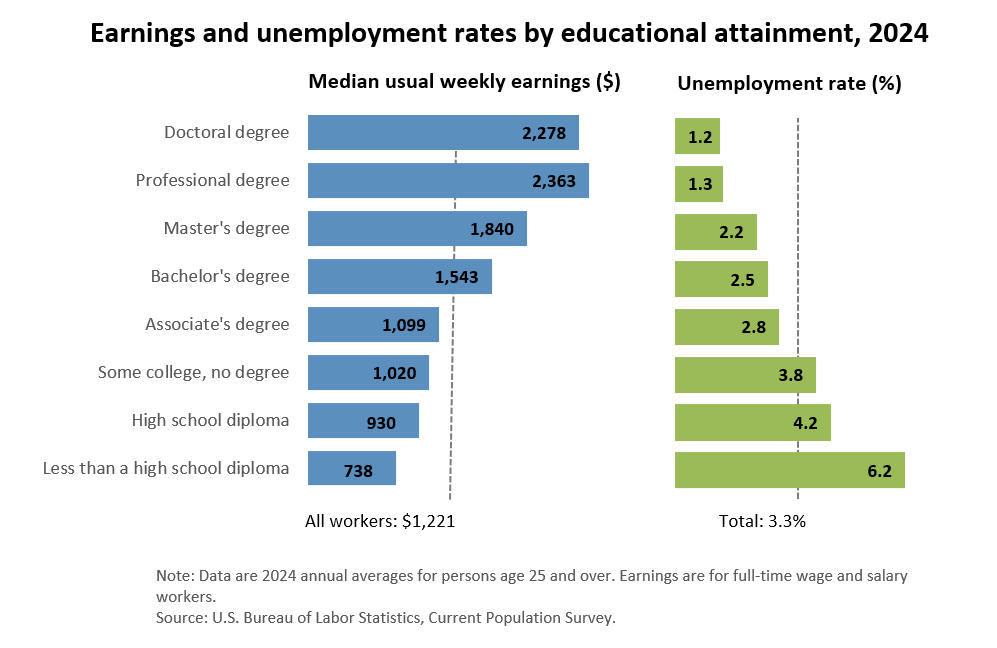As a young instructor, I used many of the pedagogical practices I experienced as a student, including exempting my best students from the final exam. The reasoning was, why make them go through the stress if it was almost guaranteed that they would earn a final A? Besides, as a student, I loved it every time I was exempted from a final exam!
Some conversations made me notice that, as enjoyable and appreciated as this practice was, I was not doing my students a favor; in fact, I was increasing the chances that the content of my courses would be promptly forgotten and unused in professional life. In particular, there is some evidence that final exams provide the following advantages:
- Motivation for Learning - The prospect of final examinations can motivate students to engage more deeply with course material and maintain consistent study habits throughout academic periods.
- Memory Consolidation and Long-term Retention - Taking a test of previously studied material has been shown to improve long-term subsequent test performance in a large variety of controlled experiments, a phenomenon known as the testing effect. This research suggests that retrieval during testing strengthens memory pathways and enhances long-term retention.
- Comprehensive Assessment - Final exams provide summative evaluations that allow educators to assess student learning comprehensively across entire courses or academic terms.
- Holistic Perspective - During the course, we tend to analyze topics on some level of detail, but miss out on "the big picture"! The final exam is a great opportunity to distinguish how the whole class is organized, and where the different parts fit.
On the other hand, I also found these disadvantages of "typical" final exams:
- Stress and Authenticity Concerns - High-stakes final exams create psychological stress and may lack relevance, testing performance under artificial conditions rather than practical knowledge application.
- Limited Learning Enhancement - Summative tests, such as a final exam that measures how much was learned but offers no opportunities for a student to improve, are less effective compared to assessments that provide learning opportunities through feedback.
- Complexity and Format Limitations - Research shows that the testing effect for practice tests may be limited, with effectiveness dependent on question format and cognitive effort required for retrieval.
- Retrievability Requirements - The testing is stronger for questions with a high retrievability, suggesting that final exams may not benefit learning when material difficulty exceeds student capabilities.
In consequence, my final exams are designed as an incentive to re-study the course material, but minimizing the disadvantages. To the extent that my organizations make it possible, my finals:
- Are worth only about 10% of the final grade – This helps me differentiate hard-working, ambitious students from those who just want a passing grade, without adding too much stress.
- Take place during the designated time – I know that some colleagues end the semester a few days earlier, but I respect the organization’s policies for accreditation and related purposes.
- Are “open book” – I believe that most of the knowledge my students learn in my classes will be needed in the future; I do not expect them to remember the exact content they learned, but I do hope they will be able to find it when they need it.
I trust the above helps you understand why I no longer exempt my students from taking the final exam. I believe my policies help make good use of this long-standing practice and minimize the disadvantages.
If you have comments or questions, don’t hesitate to contact me! Here are a few helpful sources if you want to learn more:
Adesope, O. O., Trevisan, D. A., & Sundararajan, N. (2017). Rethinking the use of tests: A meta-analysis of practice testing. Review of Educational Research, 87(3), 659-701. https://doi.org/10.3102/0034654316689306
Greving, S., & Richter, T. (2018). Examining the testing effect in university teaching: Retrievability and question format matter. Frontiers in Psychology, 9, Article 2412. https://doi.org/10.3389/fpsyg.2018.02412
Schwieren, J., Barenberg, J., & Dutke, S. (2017). The testing effect in the psychology classroom: A meta-analytic perspective. Psychology Learning & Teaching, 16(2), 179-196. https://doi.org/10.1177/1475725717695149


